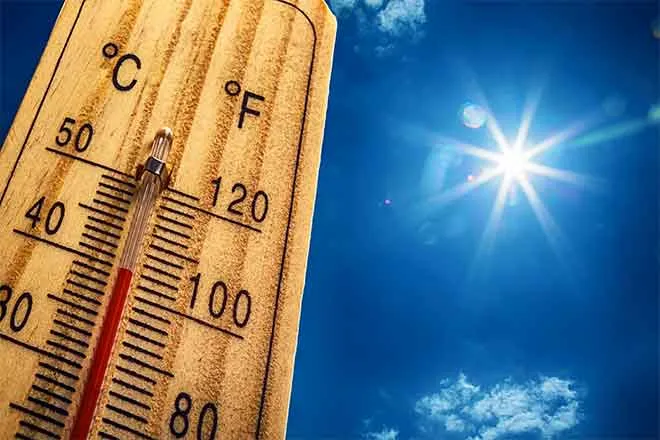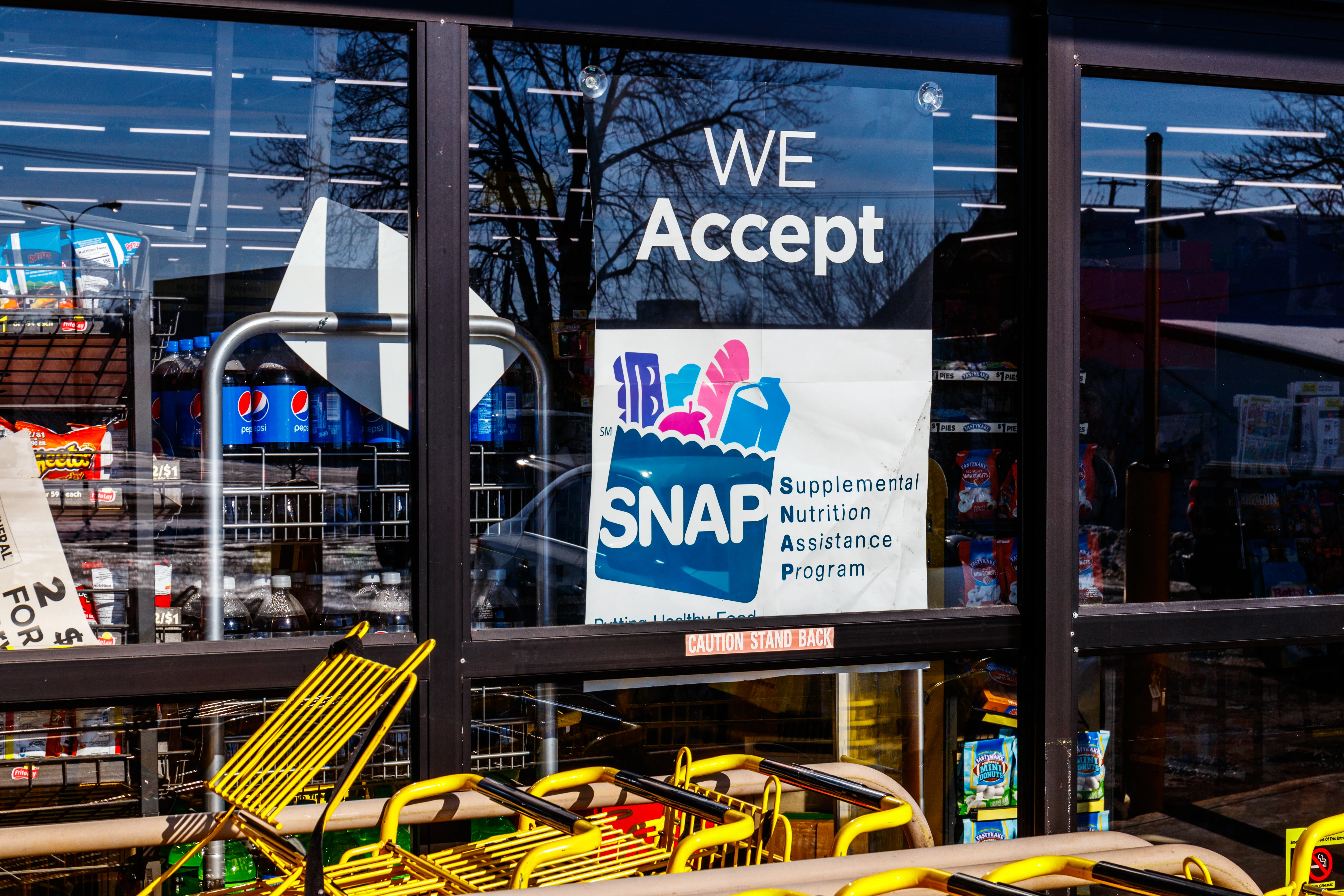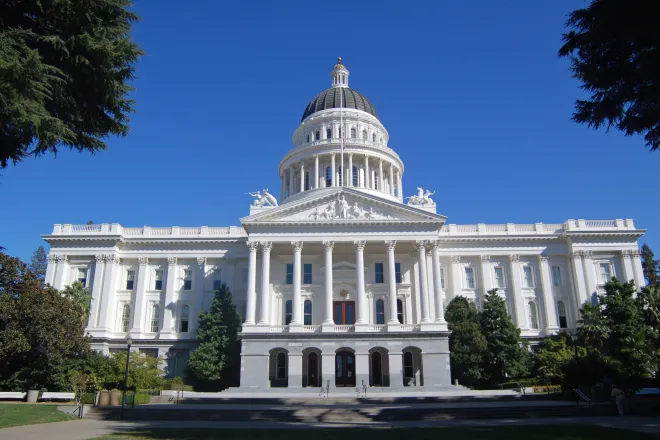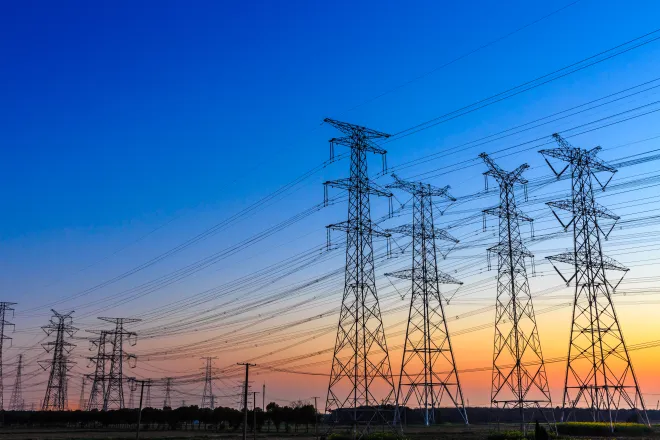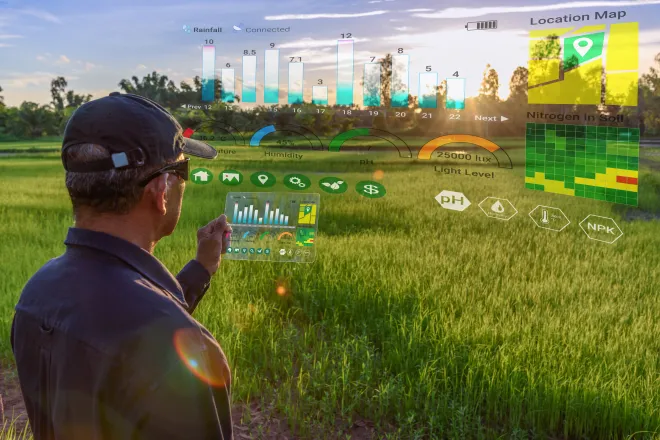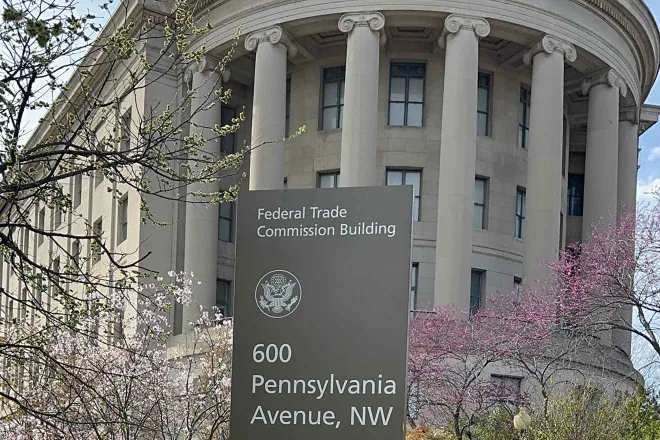
Daily Audio Newscast - October 10, 2025
© AlexLMX - iStock-823000260
Six minutes of news from around the nation.
Storm smacking the east coast will bring days of heavy rain and wind; Government shutdown looms large over state workers in MN; 'ALL IN for Safe Schools' addresses immigration, LGBTQ policy; Advocates: Michigan budget 'shortchanges' public schools; Creating sustainable energy for Indigenous Arizonans.
TRANSCRIPT
The Public News Service Daily Newscast, October the 13th, 2025.
I'm Mike Clifford.
A slow-moving storm working its way up the East Coast, bringing drenching rains, gusty winds, and probably enough coastal flooding to inundate waterfront property and cause beach erosion.
That from the New York Times.
They report the most extreme weather will be at the coast, forecasters said, with the risk for significant coastal flooding highest in the mid-Atlantic.
Forecasters say the coast of Delaware, southern New Jersey, and the Virginia Tidewater are especially susceptible.
And on the heels of the Trump administration laying off federal workers during the government shutdown, some state workers in Minnesota watch with worry.
The budget stalemate in Washington is trickling down to the state level in situations where a state office gets federal funding to carry out a certain function.
That includes workers who look over applications for disability claims covered by Social Security.
Lisa Becker reviews these claims for the Minnesota Department of Employment and Economic Development.
She points out that a temporary layoff for her would be devastating to the client she assists.
How long is that going to delay decisions for people who need answers for their physical and mental health care needs?
Becker, also a member of the Minnesota Association of Professional Employees, says not getting timely decisions on a medical claim means someone could be at risk of going without basic needs like food and shelter.
State officials say available federal funds will prevent staffing disruptions for this service until October 27th.
I'm Mike Moen.
And this month the All In For Safe Schools coalition is releasing resources for early childhood educators, including preschools and daycare centers, on how to follow the law and create safe spaces for families during this time of increased immigration enforcement.
The one pager advises providers to update their emergency contacts so the children don't end up with child protective services.
Lisa Davis with the Children's Partnership says it's also a good idea to update security and privacy protocols.
Things like which staff member is authorized to speak with an immigration agent should they show up at their center, how they're storing and releasing private information about parents, children and staff.
The coalition also advises providers to create a plan for communicating urgent information to staff and parents when an ICE action takes place.
Facilities can also establish private spaces within the building that are not open to the public, triggering Fourth Amendment protections, which require a judicial warrant for law enforcement to enter.
Davis says the coalition is working on a second set of guidelines for K-12 schools on how to create a welcoming atmosphere for LGBTQ+ and immigrant students.
Providers can get more information at allinforsafeschools.org.
For California News Service, I'm Suzanne Potter.
This is Public News Service.
Education advocates in Michigan say the state's new $21.3 billion school budget doesn't go far enough to meet students' needs.
Critics of the plan contend it once again shifts money away from K-12 classrooms using school aid dollars to fund roads and higher education, while backfilling school budgets with one-time emergency reserves.
The Michigan Education Justice Coalition says the plan falls short of creating a long-term equitable funding structure that truly supports all public schools.
Coalition Director Rachel Crow Hercher argues that shifting more cost into the school aid fund will hit the hardest.
It's disappointing that the legislature, rather than getting serious about supporting the general ed fund and funding things to the appropriate level through either revenue generation or reprioritization, just continue to say, well, we'll have the school aid fund pay for it.
She noted this year's budget marks the largest rate on the school aid fund since 2012.
The coalition says Michigan schools are still more than four billion dollars short of adequate funding.
But supporters call the plan a strong step forward, citing record per pupil funding, free school meals and new investments in student mental health and safety.
Crystal Blair reporting.
And researchers at Arizona State University are creating reliable sources of renewable energy on the Hopi Reservation and say the project could serve as a model for other rural areas.
Alternative energy experts are creating a solar powered microgrid to bring renewable and consistent power to a remote part of the state that for generations hasn't had a lot of it.
Jacob Moore, a special advisor on the project, says they're helping people living in Pueblo villages that are among the longest inhabited places in North America.
Very much living off the grid, so to speak, but opportunities in terms of economic development, education, healthcare, things where electricity is important in terms of helping the sustainability of these communities going forward.
The solar microgrid is backed by a $9 million grant from the U.S. Department of Energy.
Once it's up and running, the Hopi Tribe Community Solar Project will use existing fossil fuel-based infrastructure to deliver the power.
I'm Mark Moran.
Finally, with Medicare's annual enrollment period starting this week, folks in Louisiana who qualify for both Medicare and Medicaid are encouraged to explore health plans that combine benefits.
Dual-eligible special needs plans, or DSNPs, are Medicare Advantage plans that combine hospital and medical coverage provided by Medicare into a plan that coordinates with, but does not replace an individual's Medicaid benefits.
Marianne Cabanillas with UnitedHealthcare Community and State says D-SNPs provide expanded coverage to eligible people.
You may be able to get vision coverage, hearing coverage, and dental care.
The other things that these dual SNP plans may offer.
Brett Pivito reporting.
This is Mike Clifford.
Thank you for starting your week with Public News Service.
Member and listener supported.
Find our trust indicators at publicnewsservice.org.

